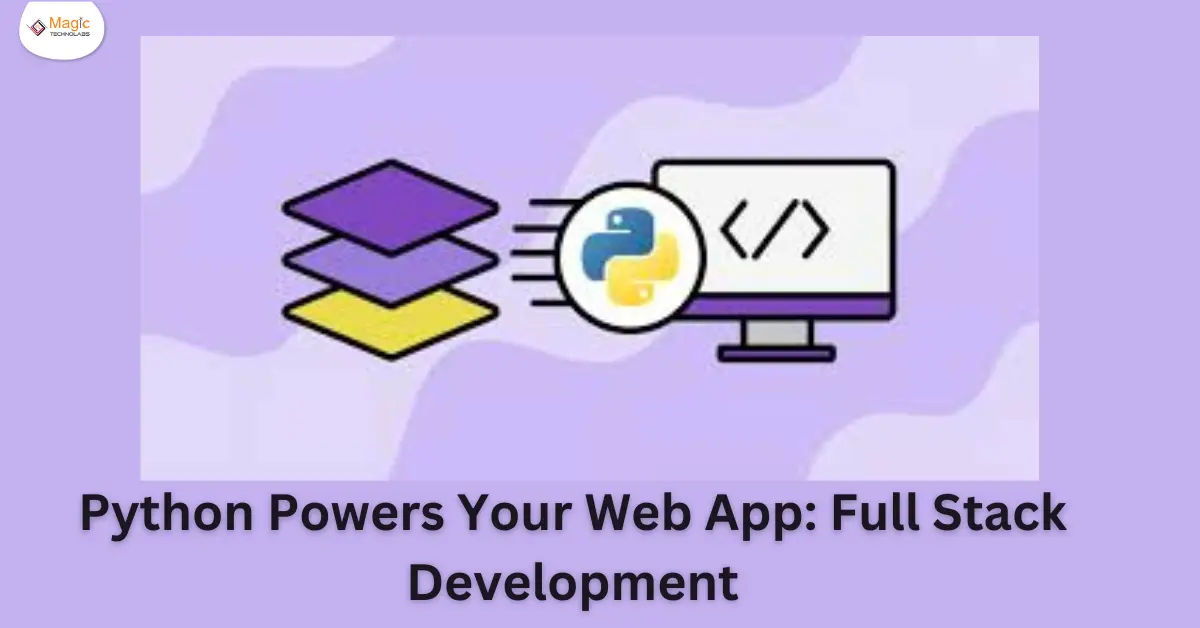The world of web development can seem daunting, with a vast array of languages and frameworks to choose from. But what if there was a single language that could handle both the front-end and back-end of your web application? Enter Python, a versatile and powerful language that's perfectly suited for full stack development.
Why Python for Full Stack Development?
Python offers a unique combination of features that make it ideal for building web applications:
Readability: Python's syntax is clear and concise, making it easy to learn and write. This allows developers to focus on the core functionality of the application rather than wrestling with complex code structures.
Versatility: Python isn't just for web development. It's a general-purpose language that can be used for data analysis, machine learning, and scripting. This versatility is a major benefit for full stack developers who may need to handle various tasks within a project.
Abundant Libraries and Frameworks: The Python ecosystem is rich with libraries and frameworks specifically designed for web development. Popular frameworks like Django and Flask provide a robust foundation for building complex web applications, while libraries like NumPy and Pandas offer powerful tools for data manipulation - essential for many modern web apps.
Large and Active Community: Python boasts a massive and supportive community of developers. This means you'll find plenty of online resources, tutorials, and forums to help you troubleshoot issues and learn new skills.
Full Stack Development with Python in Action:
Let's take a look at how Python empowers full stack development:
Back-End Development: Python excels at building the server-side logic of your web application. Frameworks like Django handle tasks like database interactions, user authentication, and API development. This allows you to build robust and scalable back-end systems.
Front-End Development: While Python isn't traditionally a front-end language, frameworks like Dash and Pyramid offer ways to integrate Python with popular front-end frameworks like React or JavaScript. This allows developers to leverage Python's power on the back-end while utilizing established front-end tools for a seamless user experience.
The Benefits of a Python-Powered Web App:
Choosing Python for your web app offers several advantages:
Faster Development: Python's readability and clear structure allow for rapid development cycles. This can save time and resources compared to languages with steeper learning curves.
Reduced Complexity: By using a single language for both back-end and front-end development, you can streamline your project and avoid the need to learn and manage multiple languages.
Scalability and Maintainability: Python code tends to be clean and well-organized, making it easier to maintain and scale your web application as it grows.
















